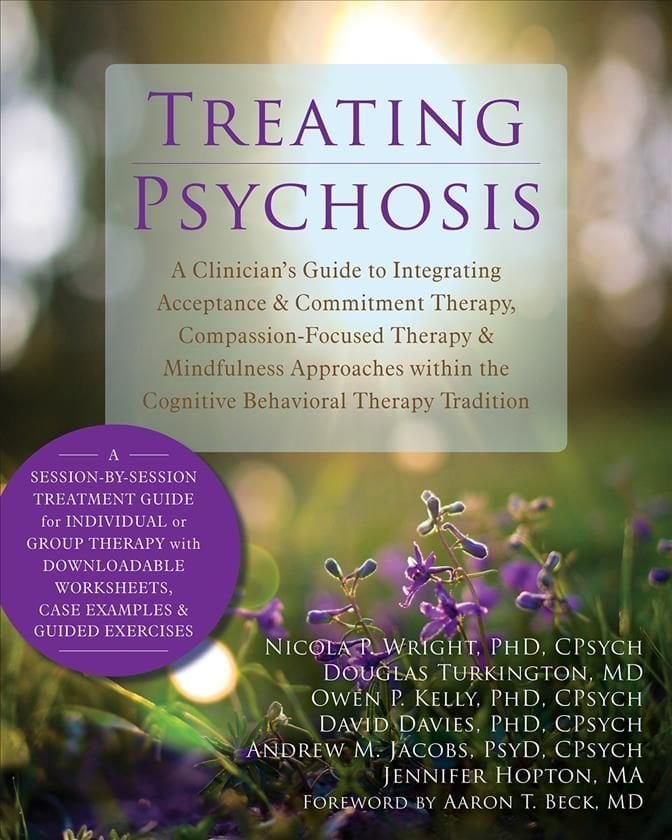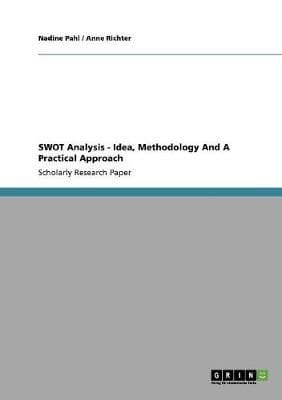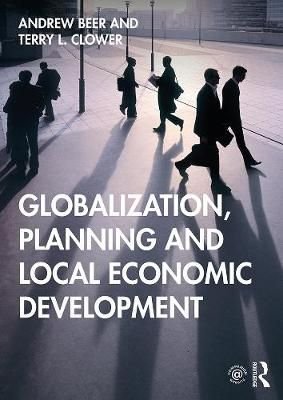Wherever people are working, there is some type of stress-and where there is stress, there is the risk of burnout. It is widespread, the subject of numerous studies in the U.S. and abroad. It is also costly, both to individuals in the form of sick days, lost wages, and emotional exhaustion, and to the workplace in terms of the bottom line. But as we are now beginning to understand, burnout is also preventable. Burnout for Experts brings multifaceted analysis to a multilayered problem, offering comprehensive discussion of contributing factors, classic and less widely perceived markers of burnout, coping strategies, and treatment methods. International perspectives consider phase models of burnout and differentiate between burnout and related physical and mental health conditions. By focusing on specific job and life variables including workplace culture and gender aspects, contributors give professionals ample means for recognizing burnout as well as its warning signs. Chapters on prevention and intervention detail effective programs that can be implemented at the individual and organizational levels. Included in the coverage: · History of burnout: a phenomenon. · Personal and external factors contributing to burnout. · Depression and burnout · Assessment tools and methods. · The role of communication in burnout prevention. · Active coping and other intervention strategies. Skillfully balancing scholarship and accessibility, Burnout for Experts is a go-to resource for health psychologists, social workers, psychiatrists, and organizational, industrial, and clinical psychologists.












